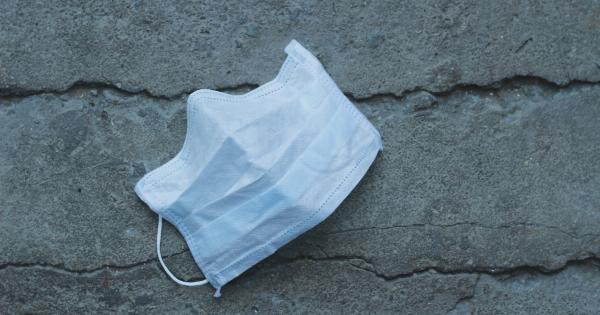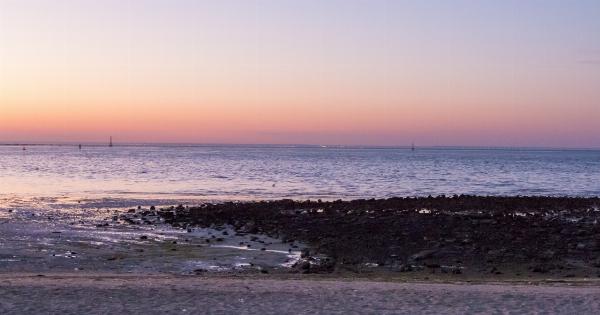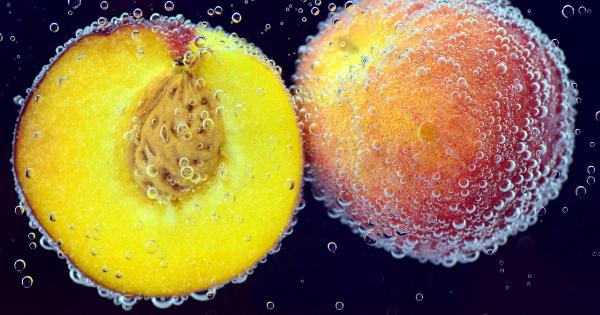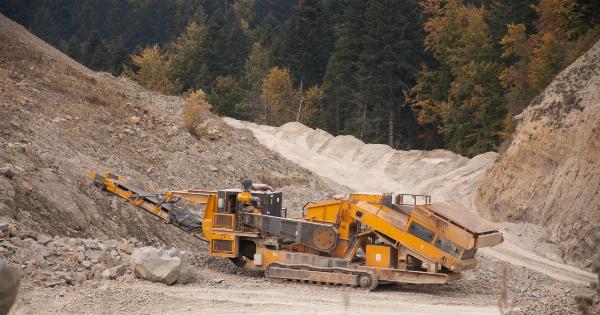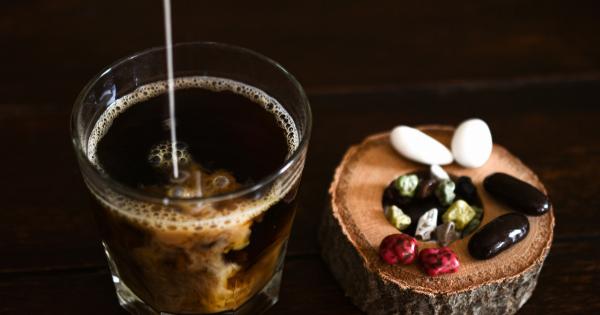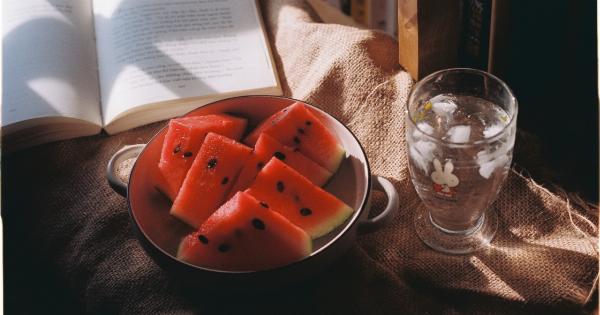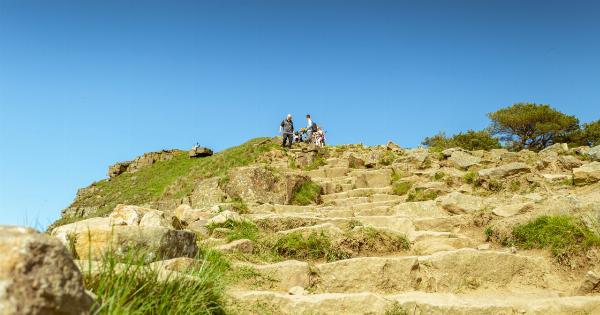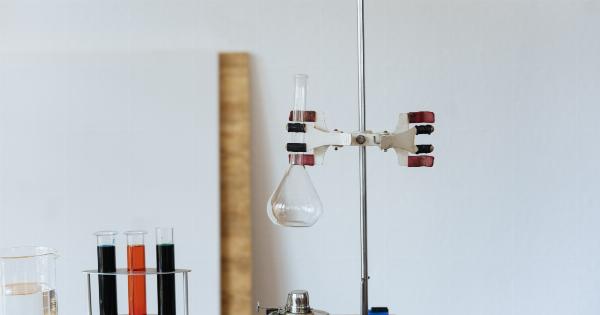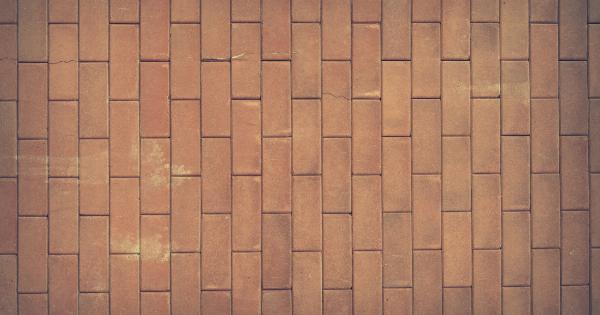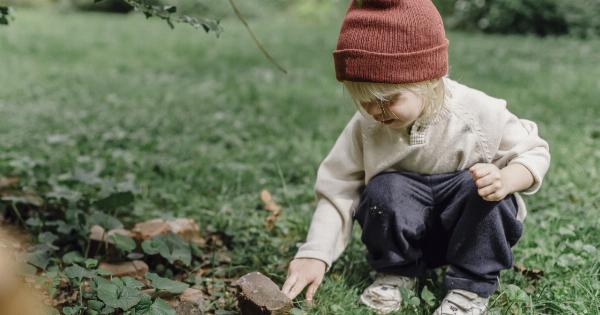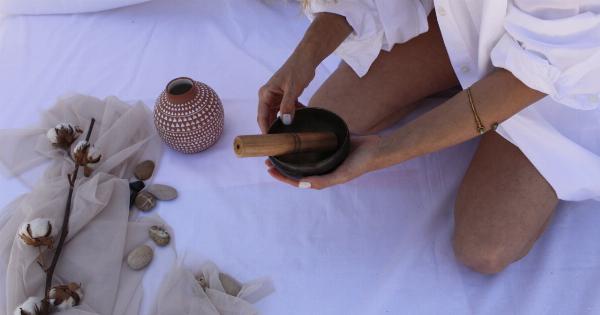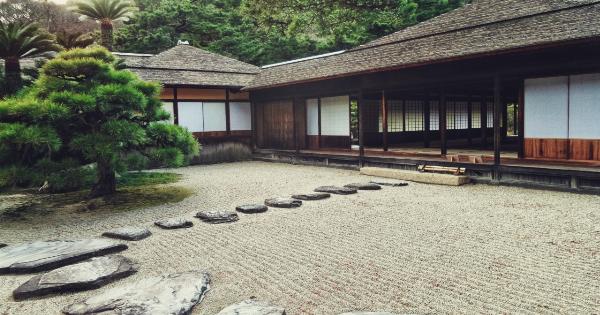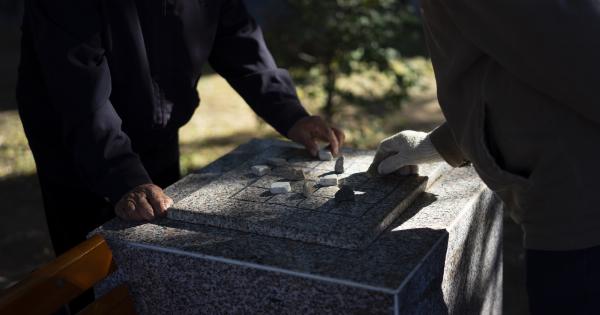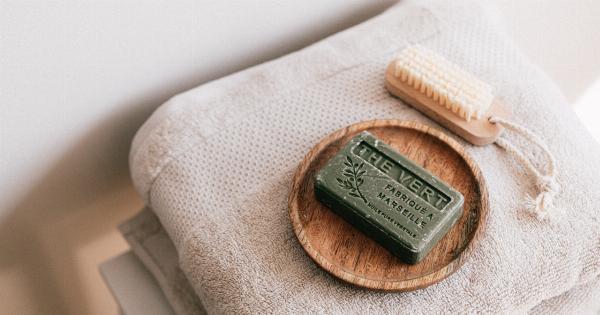Kidney stones are hard, pebble-like deposits that form in your kidneys. They can be extremely painful and cause various complications such as infections and blockages in the urinary tract.
While some people may be more prone to developing kidney stones than others, there are steps you can take to prevent their formation. In this article, we’ll share some tips and tricks you can use to greatly reduce your risk of developing kidney stones.
Stay Hydrated
One of the most effective and straightforward ways to prevent kidney stones is to stay hydrated. Drinking enough water helps flush out any substances in your kidneys that could potentially solidify into stones.
Experts recommend drinking at least 8-10 glasses of water every day, although your specific water intake needs may vary based on your activity level, weight, and climate. You can also try drinking other fluids such as lemonade and orange juice, as they contain citrate that can help prevent crystal formation.
Reduce Your Sodium Intake
Eating too much sodium can increase the amount of calcium in your urine, which can lead to kidney stone formation.
Try to limit your sodium intake by avoiding processed foods, adding less salt to your meals, and opting for low-sodium options whenever possible.
Get Enough Calcium
Many people think that consuming calcium-rich foods can increase your risk of developing kidney stones. However, getting enough calcium actually helps prevent stones from forming.
Calcium can help bind to oxalate in your gut, which can reduce the amount of oxalate that enters your kidneys and potentially forms stones. You can get calcium from sources such as dairy products, leafy greens, and calcium-fortified foods. Your healthcare provider can also recommend calcium supplements if needed.
Avoid Foods High in Oxalates
Oxalates are organic acids found in many plant-based foods such as spinach, rhubarb, and beets. If too much oxalate is absorbed by your body and enters your kidneys, it can bind to calcium and form kidney stones.
To prevent this, try minimizing your consumption of oxalate-rich foods, or pairing them with calcium-rich foods to balance out the effect. You can also try boiling these foods to reduce their oxalate content.
Stay Active
Regular physical activity can help prevent kidney stones from forming. Exercise helps regulate your body’s water balance and prevent urine from becoming too concentrated, which can increase your risk of stone formation.
Aim for at least 30 minutes of moderate-intensity exercise most days of the week, such as brisk walking, cycling, or swimming.
Avoid Vitamin C Supplements
While it’s important to get enough vitamin C in your diet, taking high doses of vitamin C supplements can increase your risk of kidney stones. Vitamin C can be converted into oxalate in your body, which can contribute to stone formation.
If you’re taking a vitamin C supplement, stick to the recommended dosage or speak to your healthcare provider about the safest way to get the vitamin C you need.
Reduce Your Alcohol and Caffeine Consumption
Consuming large amounts of alcohol and caffeine can increase your risk of developing kidney stones. Alcohol can contribute to dehydration and increase the acidity of your urine, while caffeine can cause your body to lose more fluids than normal.
Try to limit your alcohol and caffeine intake, and drink plenty of water to offset the diuretic effects of these substances.
Monitor Your Protein Intake
Consuming too much protein, especially animal protein, can increase the amount of uric acid in your urine, which can lead to stone formation.
Try to limit your intake of meat, poultry, and fish, and opt for plant-based protein sources such as beans, lentils, and quinoa instead.
Consult with Your Healthcare Provider
If you’ve had kidney stones before or are at a higher risk of developing them, it’s important to consult with your healthcare provider.
They can recommend urine and blood tests to identify any potential risk factors, as well as prescribe medications to help prevent stone formation. Your healthcare provider can also provide personalized advice on the best diet and lifestyle changes to prevent future kidney stones.
Conclusion
Kidney stones can be extremely painful and can cause long-term health complications if left untreated. Fortunately, there are many steps you can take to prevent their formation.
By staying hydrated, reducing your sodium intake, getting enough calcium, avoiding foods high in oxalates, staying active, and consulting with your healthcare provider, you can greatly reduce your risk of developing kidney stones.







